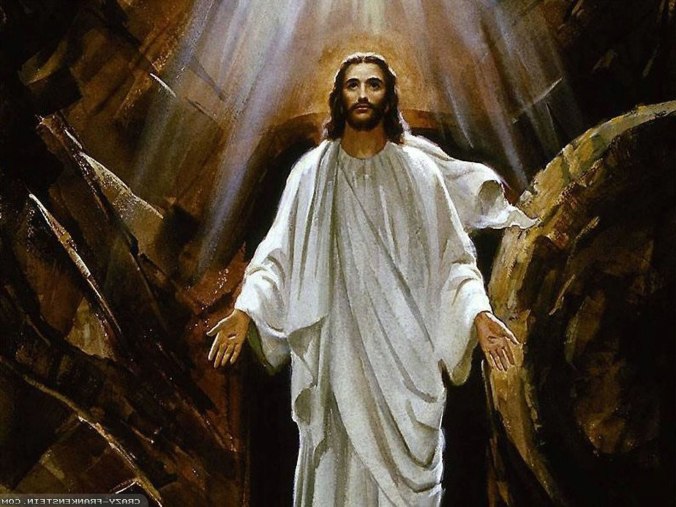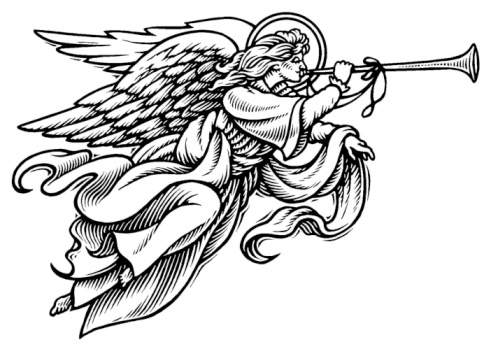In our last blog, we began our exploration of Matthew’s Christology. We started to look at the terms, ‘son of David’ and ‘Messiah.’ We noted that these terms are mentioned quite often in the Gospel of Matthew.
As the ‘son of David’, Jesus is denoted from birth as being a descendant of King David, and thus of a kingly line. The title ‘son of David’ is also a popular Messianic title of that era.
As King, Jesus is recognized and honored by Jews, including, but not limited to his mother and father, but also the shepherds. He is also recognized as a king by non-Jews, such as the Magi, who came from miles away to honor him, and by King Herod, concerning whom many Jews of his era did not recognize as a Jew. The question of the Magi to King Herod leaves no doubt as to the Kingship of Jesus over the Jews: “Where is the one who has been born king of the Jews?” Matthew leaves no doubt that Herod is advised that the birth of Jesus was foretold by the prophets, for Herod calls together all of the people’s chief priests and teachers who tell Herod of the prophecy of Micah. In addition, this question so inspires fear in Herod of the kingship of Jesus that he attempts to slay Jesus by killing all boys of his age in a certain geographic area. This is not the only prophecy of that Matthew states that the infant Jesus fulfilled and confirms his kingship: first, a voice was heard in Rama (Jeremiah 31:15) and second that Jesus is a Nazarene (Isa 53:3). Finally, in Matthew 4:15, Jesus is described as the light to the Gentiles. (Isa 9:1,2)
So Jesus is more than just a King to the Jews, He has come for the Gentiles too. This is a major expansion of the vision of what the traditional Messiah’s role is. It is now a universal role and a universal mission: Is Jesus to rule over Jew and Gentile alike?
Before we answer that question, we should explore more the concept of what a Jew of this era was thinking the ‘son of David’ would do for the Jews of that era. To do so, we need must explore the establishment of the kingship of David. That Kingship was built upon the foundation of the prophecies of Nathan. The most crucial of which is found in 2 Samuel 7: 5-17, were the Word of the Lord is delivered to Nathan, the prophet, one night:
5 “Go and tell my servant David, ‘This is what the Lord says: Are you the one to build me a house to dwell in?
6 I have not dwelt in a house from the day I brought the Israelites up out of Egypt to this day. I have been moving from place to place with a tent as my dwelling.
7 Wherever I have moved with all the Israelites, did I ever say to any of their rulers whom I commanded to shepherd my people Israel, “Why have you not built me a house of cedar?”?’
8 “Now then, tell my servant David, ‘This is what the Lord Almighty says: I took you from the pasture, from tending the flock, and appointed you ruler over my people Israel.
9 I have been with you wherever you have gone, and I have cut off all your enemies from before you. Now I will make your name great, like the names of the greatest men on earth.
10 And I will provide a place for my people Israel and will plant them so that they can have a home of their own and no longer be disturbed. Wicked people will not oppress them anymore, as they did at the beginning
11 and have done ever since the time I appointed leaders[a] over my people Israel. I will also give you rest from all your enemies.
“‘The Lord declares to you that the Lord himself will establish a house for you:
12 When your days are over and you rest with your ancestors, I will raise up your offspring to succeed you, your own flesh and blood, and I will establish his kingdom.
13 He is the one who will build a house for my Name, and I will establish the throne of his kingdom forever.
14 I will be his father, and he will be my son. When he does wrong, I will punish him with a rod wielded by men, with floggings inflicted by human hands.
15 But my love will never be taken away from him, as I took it away from Saul, whom I removed from before you.
16 Your house and your kingdom will endure forever before me; your throne will be established forever.’”
17 Nathan reported to David all the words of this entire revelation.”
We shall dissect this important passage in our next blog.
 Matthew’s Christology
Matthew’s Christology
